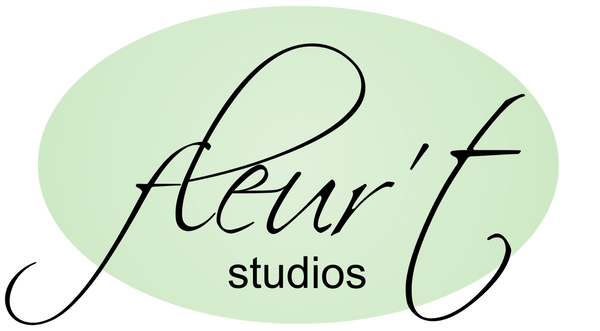Our Mental Health and what it means to be “mentally healthy” and how to set ourselves up for success.
I think is very important and not often talked enough about.
To start this blog I want to share my mental health journey. It started when I left home and went to university. I had a tumultuous upbringing to say the least, so I was surprised when I was out of these situations why it started then. I believe it was because I was in survival mode in my childhood and when my nervous system was able to relax…it was messed up!
Back to University, I remember the day it happened like it was yesterday. I woke up that morning and I felt like chicken little, like the sky was falling. I went to school and still felt off, then in the middle of a dangerous project the room went blank… but I could still hear people and I was sweating profusely. When this subsided I excused myself to the washroom and sat there for a while wondering what the heck just happened to me. Eventually I went back to class and told my prof, he sent me to on campus medical and from there it went even more sideways. Long story long, I did not get a diagnosis of anxiety disorder and depression until 4 months after that. I was a wreck! Thank goodness I was comfortable enough to talk to my mom and we figured out that it might be depression. I went to my family doctor when I got home and she was excellent.
It has been a long journey and it still is, but luckily I have tools in my toolbox for the times when things get extra rough and I can manage to turn my thoughts around and continue on.
I thought I would share some of the “tools” I have and use often…
Set yourself up for mental health success this year!
Progress and success look different to everyone, which is why it's important to focus on what you want to accomplish and find ways to celebrate your mental health milestones. Remember, mental health is a journey. Be kind to yourself, keep your goals in sight and get help if you need it.
Tools for Mental Wellbeing
- Make social connection (especially face-to-face) a priority. ...
- Stay active. ...
- Talk to someone. ...
- Take up a relaxation practice. ...
- Make leisure and contemplation a priority. ...
- Eat a brain-healthy diet to support strong mental health. ...
- Don't skimp on sleep.
Let’s delve a little deeper into each of these with a few suggestions
- Making social connections - face to face is HUGE! Try setting up a regular coffee date or gaming date with a friend once a month.
- Staying active is also paramount, this doesn’t have to mean going to a gym or getting hard core. When I was in the deepest part of my depression I focused on just going for a walk outside for 10min per day.
- Talking to someone is also helpful for that connection. As human being we have an inherent need for connection, talking to a friend or even calling a hotline if you want anonymity is perfect for venting and letting things go.
- Taking up a relaxation practice like meditation or yoga or qigong or reading or walking or whatever floats your boat, gives your nervous system a break.
- Making leisure a priority seems so backwards from what society tells us…however we need to balance out work and leisure so that we don’t burn out. You wouldn’t run a machine 24/7 without a rest or a break.
- Eating brain healthy foods is probably one of the easiest and biggest things we can do for our health in general.
- Blueberries. ...
- Tomatoes. ...
- Eggs. May delay brain shrinkage. ...
- Blackcurrants. May reduce anxiety and stress. ...
- Pumpkin seeds. May enhance memory and boost mood. ...
- Broccoli. May improve brainpower. ...
- Sage. May boost memory and concentration. ...
- Nuts. May help protect healthy brain function.
- Fatty Fish such as salmon or take an Omega 369
7. Don’t Skimp on Sleep is also very important, 6 -8 hours is peak amount of sleep for proper brain function.
Gratitude journals are also a great way to shift your perspective. When you start to look for the good things in your life the not so good things seems to fade away.
If you do feel out of control or so down that you can’t get out, there are resources out there for you.
Resources
Regina Mental health Clinic: 2110 Hamilton St.
306-766-7800
COAST - Crisis intervention, and short term monitoring
Mental Health Day Program 1440 14th Ave. RGH
306-584-2620
Addiction Services 1640 Victoria Ave.
306-766-6600
ICBT
Online therapy
Mobile Crisis
306-525-5333
Professional crisis counsellors are available 24 hours to help you with any problem you are having difficulty coping with.
Suicide Help Line
988
* you can call or text this number
Take care of yourself and I am always here for you as well
Love and Light
April
